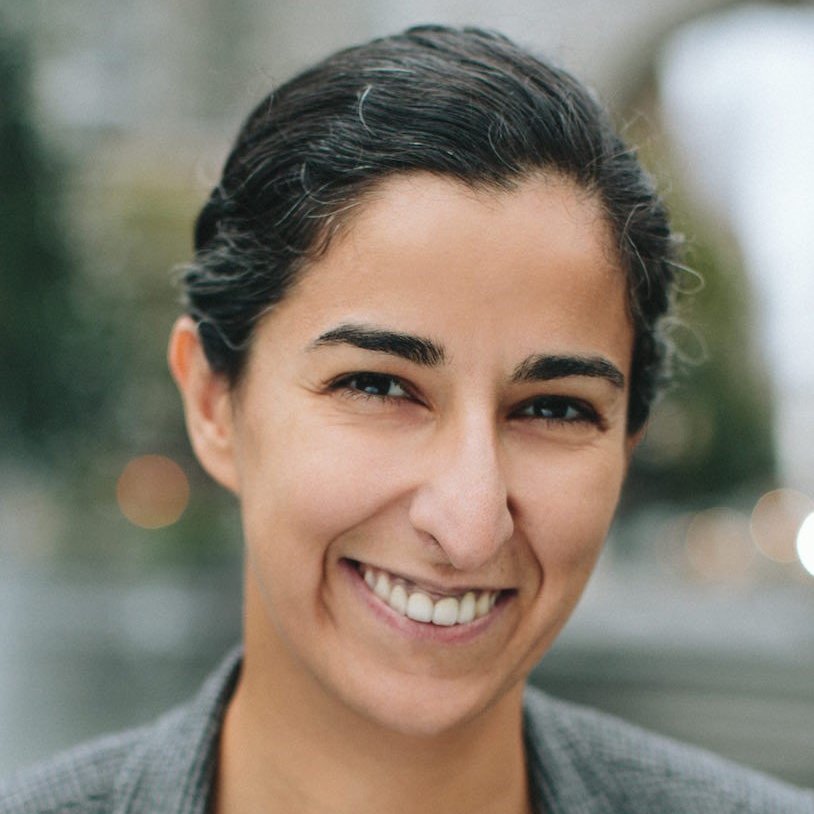Seda Gürses speaking at the Platform Mobilities conference in Berlin
Digital platforms, AI and automation technologies are implicated in profound processes of restructuration and global re-composition of labour. Seda Gürses discusses this in a conference panel turning to the political economy, geopolitical geography, material, and infrastructural conditions and implications of machine learning, among other automation technologies. A perspective informed by the world of digital platforms and migrant workforces can situate automation and AI in a dynamic process of transformation. Automation in the context of globalised capitalism is much less the linear process and increasing substitution of human labour by robots and algorithms than many predictions suggest. Rather, it is a turbulent, uneven and crisis-ridden process where labour is automated at one point only to reappear at another, often recomposed in geographic and social terms and hidden behind new infrastructures of code and concrete.
The panel
The panel takes place on Friday the 8th of July from 13:30-15:30h at the Platform Mobilities conference at HU Berlin. The discussion can be attended both online and offline. For registering, pleases reach out to platform-mobilities@hu-berlin.de and indicate whether you wish to participate online or on-site. You can find here more information and the full conference programme.
The talk is part of a collaboration between Seda Gürses and the research group of Manuela Bojadžijev at the Humboldt University within the Transforming Solidarities project. This interdisciplinary consortium of scholars conceptualises and approaches Berlin as a ‘laboratory’ of migration society: a society fundamentally and irrevocably transformed by migration. They examine the interconnected areas of labor, housing and health to explore how solidarity is negotiated, and investigate practices and infrastructures that condition or limit solidarity. Labour, housing, and health are not only sites of societal reproduction in crisis but also key arenas for the political, social, and material negotiation of solidarity relations. In response to new challenges of social cohesion, as conditioned by digitalization, migration, and locally articulated global influences, the project also aims to generate new modes of collaborative and transdisciplinary knowledge production.
